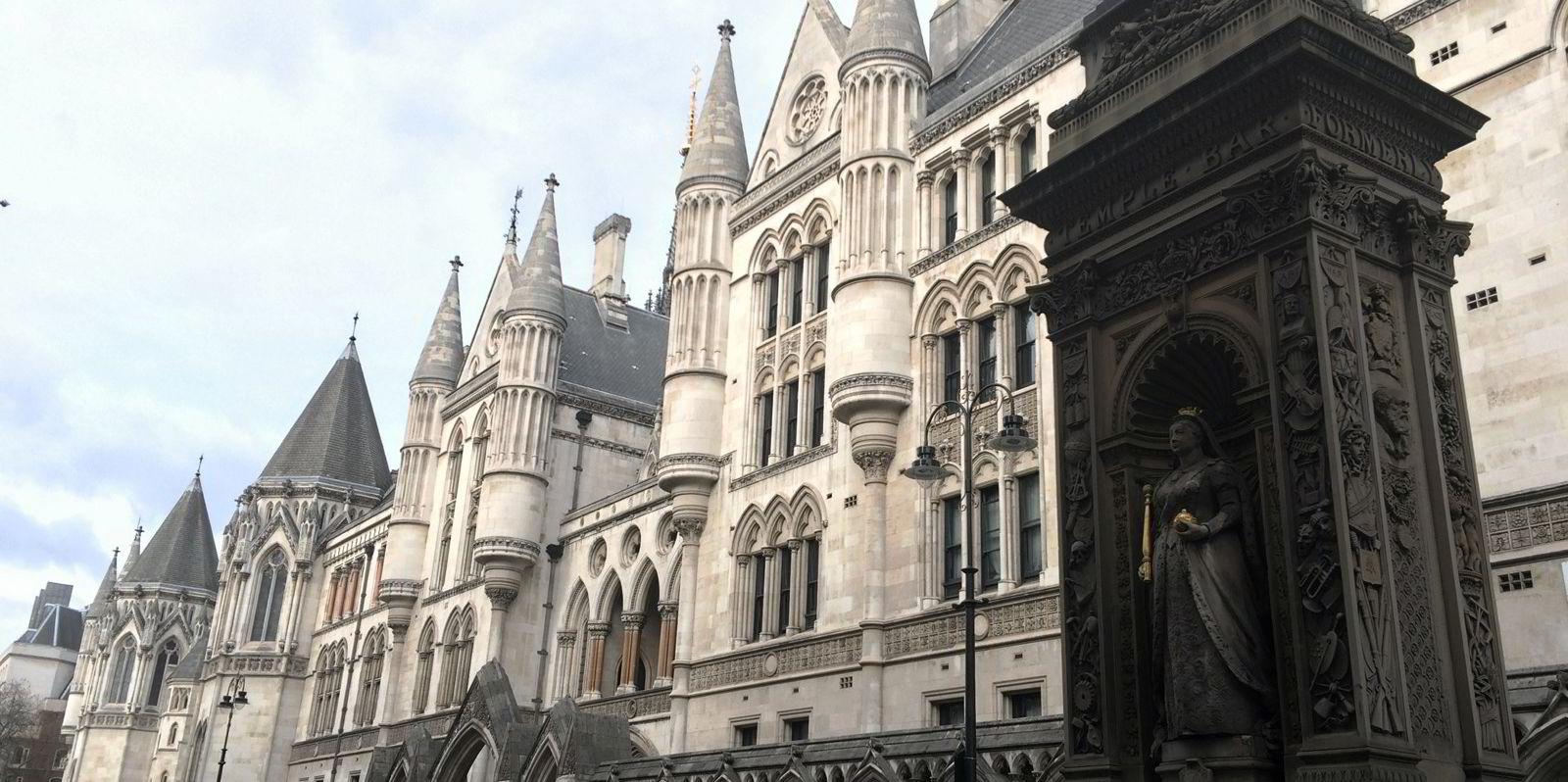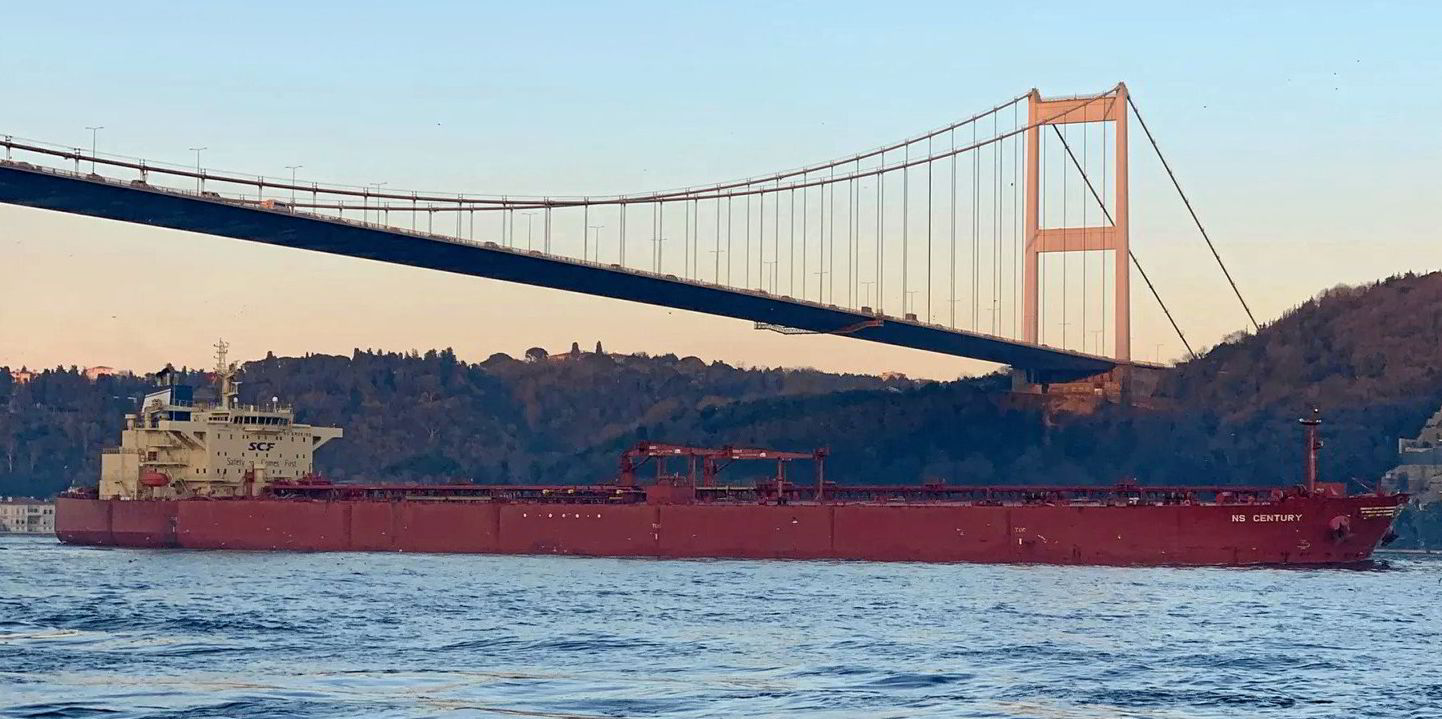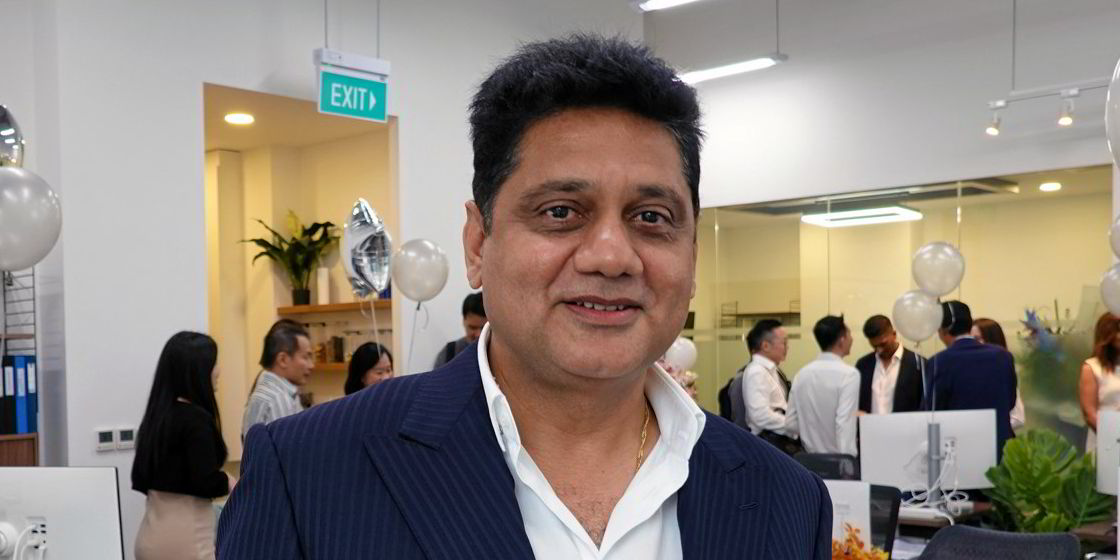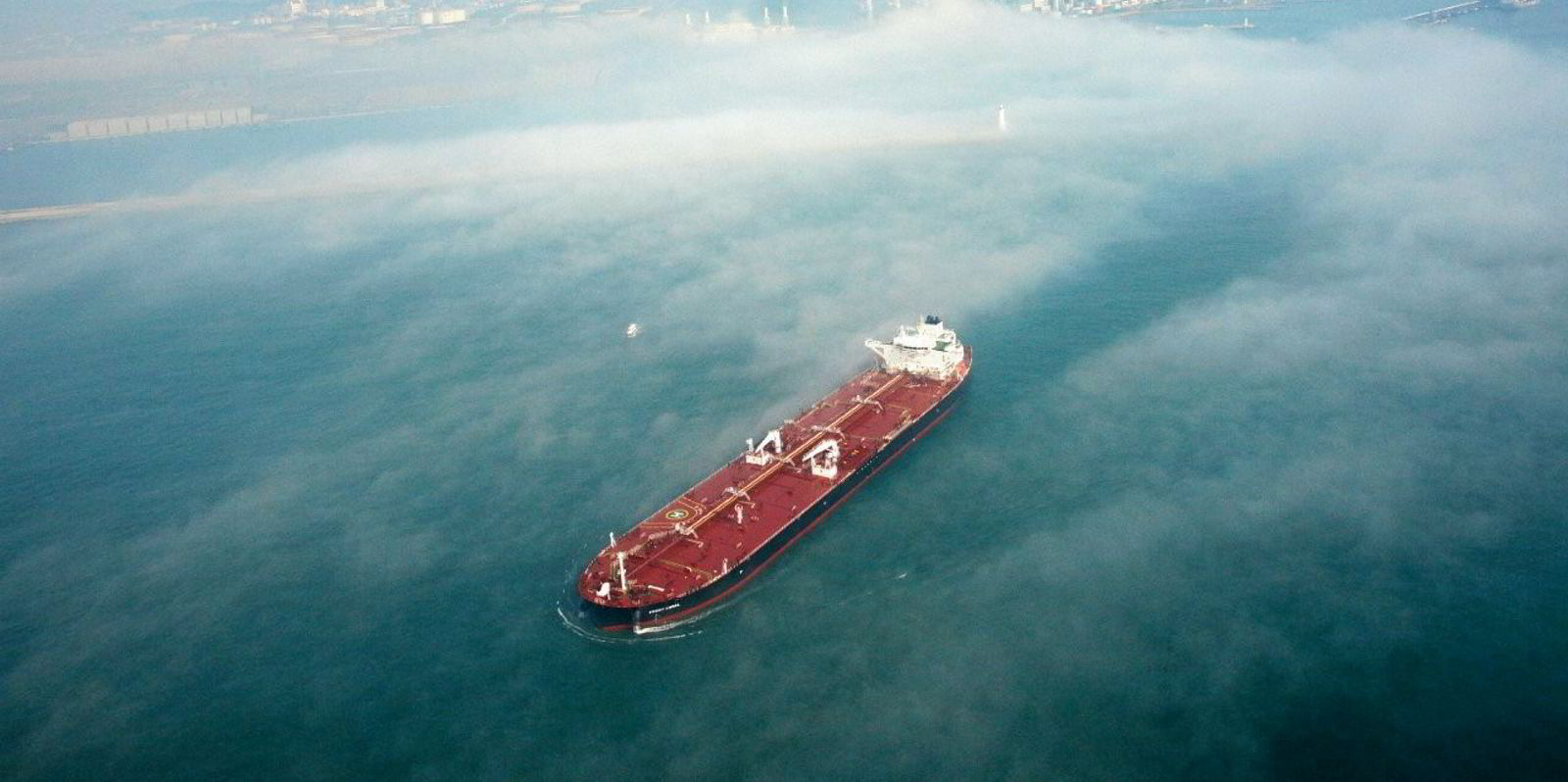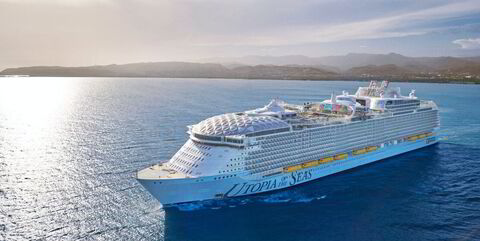Swiss trader Mercuria Energy Trading has lost a legal bid to recover losses arising from a lengthy detention of a Greek aframax that illegally strayed into Indonesian waters in 2019.
The 106,400-dwt Afra Oak (built 2003) was held off Batam for eight months until the master was convicted.
The ship is now the Gabrielle under Chinese ownership.
Mercuria had a cargo of fuel oil on the ship, which was owned by Raphael Cotoner Investments of Greece.
The appeal at the English High Court examined the question of when an owner can rely upon the Hague Rules to exempt it from liability due to an “act, neglect, or default of the master, mariner, pilot or the servants of the carrier in the navigation or in the management of the ship”.
The charterer had ordered the vessel to wait in Singapore’s eastern outer port limit, leaving the precise place to the discretion of the master.
The location chosen by the master was within Indonesian waters, however, leading to the detention of the vessel by the Indonesian Navy.
The owner later started arbitration against the charterer, claiming losses arising out of the detention.
But Mercuria counterclaimed.
An arbitration tribunal held that the master’s “negligent” choice of a place to anchor was both a prohibited action under United Nations law and Indonesian law, and a breach of Mercuria’s employment orders.
But crucially, the charterer was unable to recover damages, as the tribunal also held that the owner could rely upon the Hague exception.
‘Legal error’
Mercuria had argued that the owner should not be entitled to rely upon this exemption, on the basis that the captain’s choice was a legal error, not an error in navigation.
The owner’s case was that, where an employment order is breached, it had a defence if it could show either a good reason under the master’s general discretion in matters of seamanship, or an act, neglect or default of his in navigation.
The court dismissed the appeal and upheld the arbitration award.
Law firm Campbell Johnston Clark director David Owens and legal manager Deven Choudhary said: “This case is a welcome reminder for owners and highlights the importance of incorporating the paramount clauses in a charterparty, which can provide protection for owners in a wide variety of circumstances.”
The judge, Mr Justice Nigel Teare, was equivocal, however, on the actual question of law: whether Article IV of the Hague Rules provides a defence where, in breach of orders, a vessel proceeds into territorial waters and waits at anchor in breach of local law.
Teare said: “It may or may not do so depending upon the facts of the particular case.”
Of interest to all owners
The Campbell Johnston Clark lawyers said it should also not be forgotten that the underlying issue was that the master’s negligent choice of where to anchor led to an eight-month detention of the vessel, and the criminal conviction of the master himself.
“It is an important reminder to owners that a master should always ensure a vessel can be permitted to anchor at any waiting place before anchoring a vessel within a state’s territorial waters,” they added.
Clyde & Co said the judgment will be of interest to all shipowners.
There has been an increased number of vessel detentions in the eastern part of the Singapore Strait in waters around Bintan Island, the law firm noted.
These waters are often misconstrued as being the outer port limit of Singapore.
“Consequently, a number of vessel detentions and disputes are arguably due to misunderstanding the applicable local laws and territorial water limits,” Clyde & Co warned.
